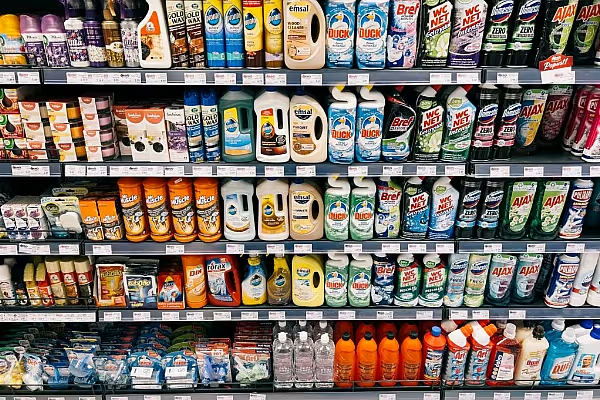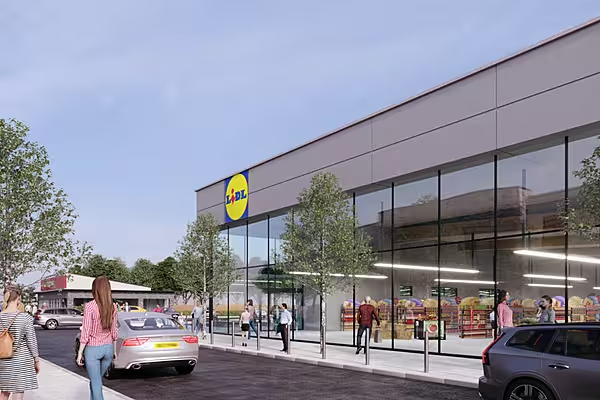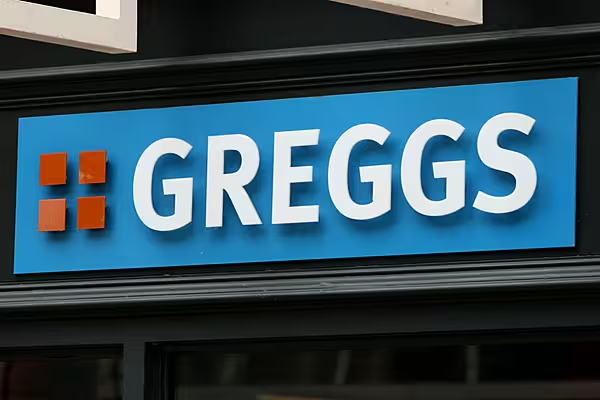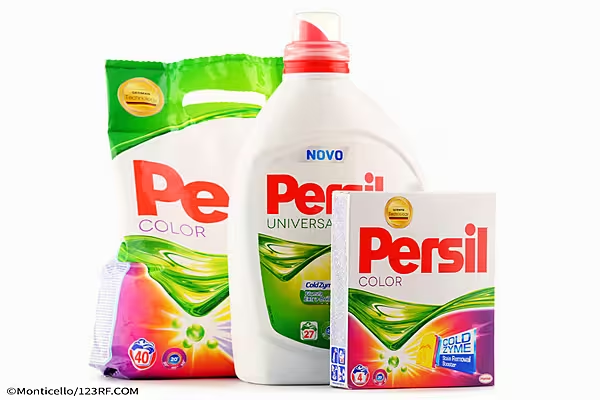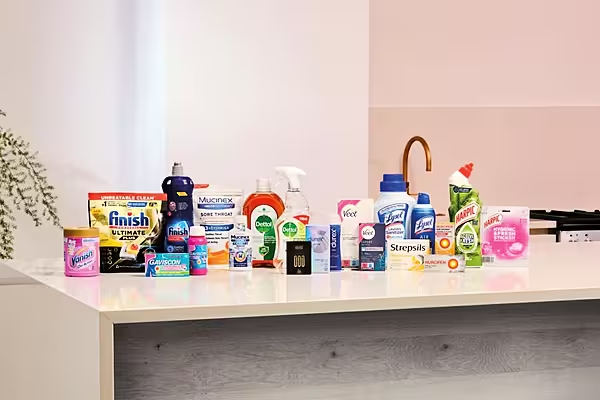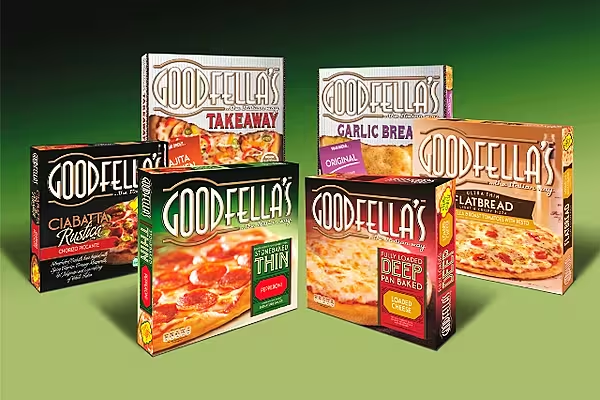A strong margin recovery for consumer goods giants could face a setback as easing input costs after several quarters of biting inflation are offset by cautious customer spending even as product prices start to decline.
With pandemic-era savings getting depleted and slow wage growth, customers, who had initially splurged and absorbed the price increases by the consumer goods companies, have tightened their purse strings.
Margins at Procter & Gamble and Kimberly-Clark could be lower in the coming quarters if consumers continue to remain hesitant about spending, analysts and investors said.
P&G, Colgate and Kimberly-Clark last week flagged softer sales volumes in the latest quarter.
'Inflation Fatigue'
"Whether it is Procter & Gamble, Kimberly Clark, or anybody else, their consumers seem to be experiencing inflation fatigue and so they are not willing to pay up for name brands when they can trade down," said Brian Jacobsen, chief economist at Annex Wealth Management, which owns shares in P&G and Kimberly-Clark.
In 2023, Procter & Gamble saw a 7% rise in average sales price in January, while in December the company saw only a 3% rise, according to YipitData.
In January, Colgate-Palmolive had a 14% rise in average selling price, while in December it grew only 8%, the data showed.
"Contribution of pricing to help offset the record inflation ... has already started receding," Kimberly-Clark CEO Mike Hsu said on a post-earnings call last week.
Of the 10 companies in the S&P 500 Consumer Staples index that have reported results so far, nine of them exceeded earnings expectations while more than half of them missed revenue estimates, according to LSEG data.
Cost Control
The slowing sales could also see more companies look at ways to control costs.
"For 2024, it is probably going to be a focus on cost cutting or cost control. If you cannot control the revenue, what you can control are the costs," Jacobsen said.
S&P Global Ratings forecast low- to mid-single-digit revenue growth in the household and personal care segment for 2024, as price increases normalise to low-single-digit for the year.
"Have we seen a consumer slowdown? Absolutely." Dave Wagner, portfolio manager at Aptus Capital Advisors, said.
"(Consumer spending) is just taking a much longer pace to recover than what was originally expected."
